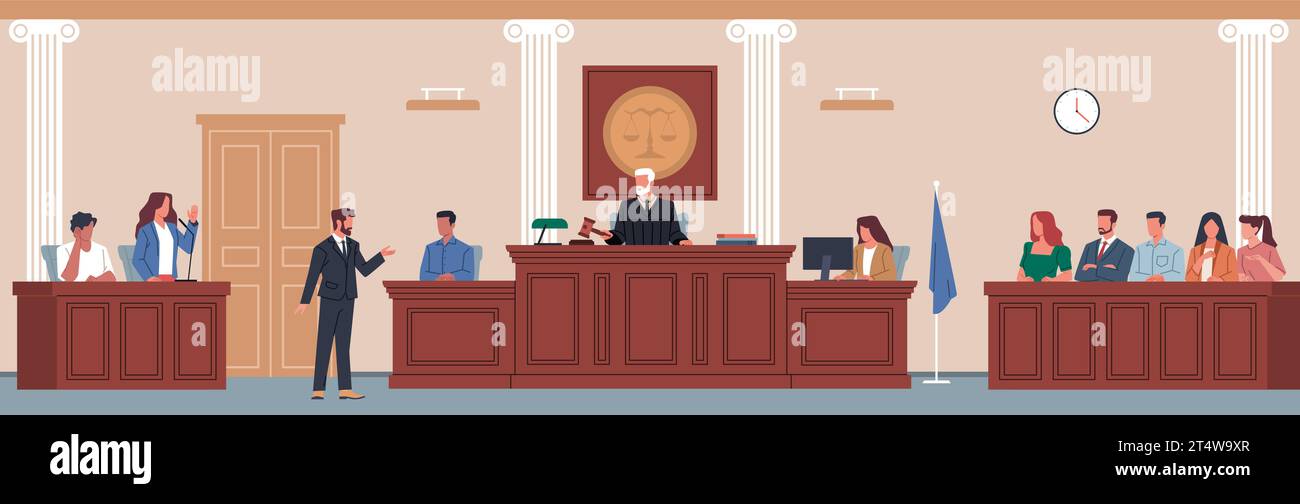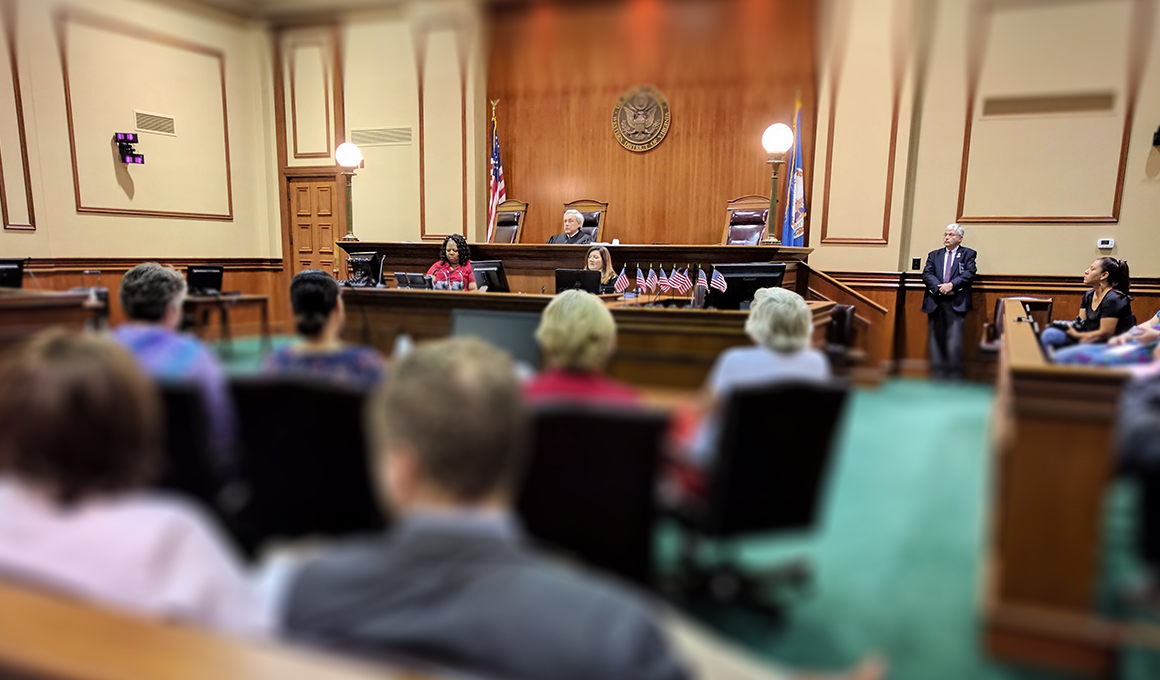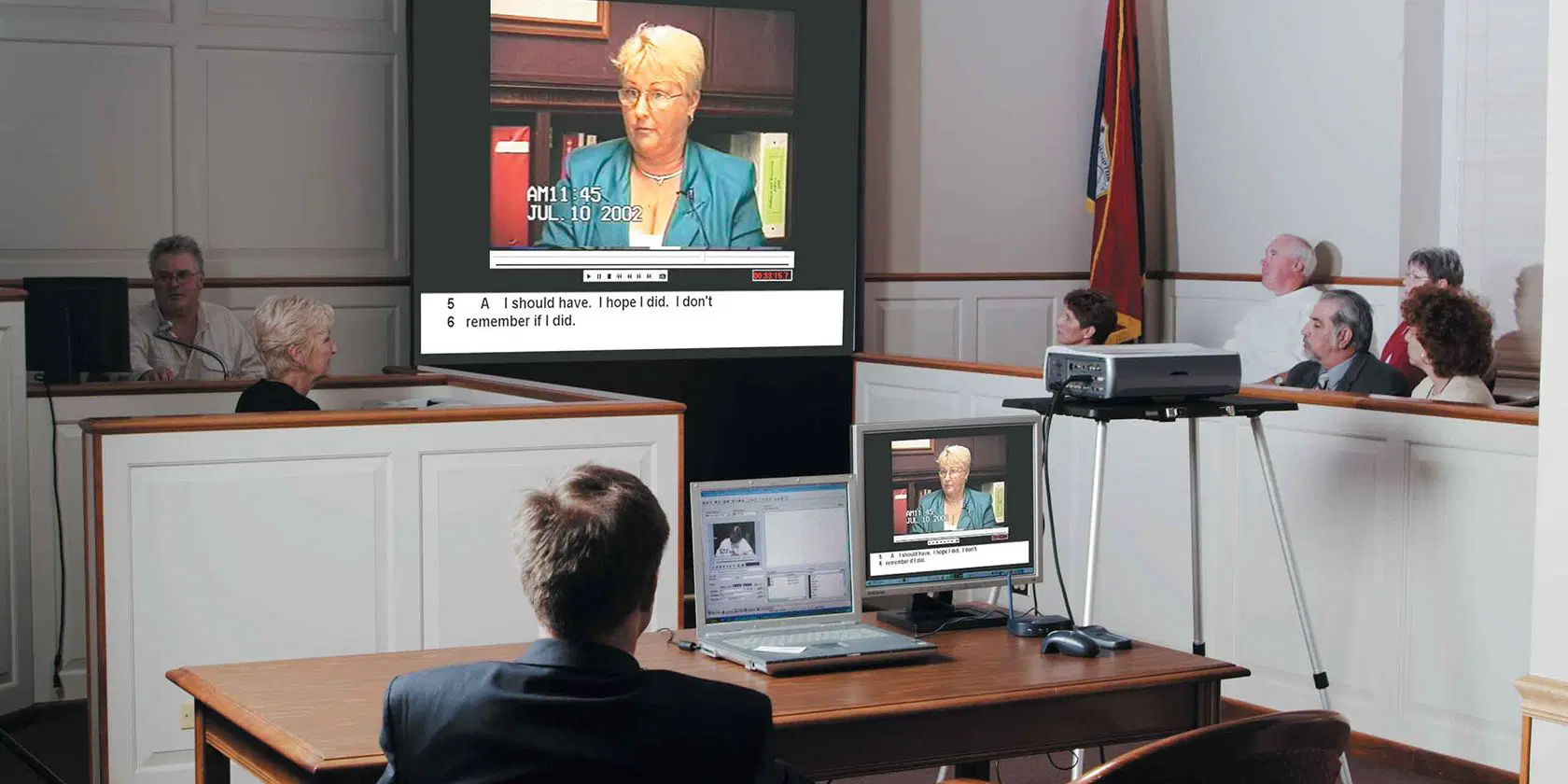Multimedia trial presentations offer seamless presentations.
Multimedia trial presentations offer seamless presentations.
Blog Article
How Trial Presentations Enhance Your Disagreement and Convince Jurors
Test discussions work as a crucial device for enhancing legal arguments and convincing jurors. By integrating aesthetic help, narrative frameworks, and psychological involvement, lawyers can produce an engaging instance that resonates on numerous levels. The critical usage of visuals not just clears up complicated info but also captures jurors' focus much more efficiently than words alone. However, the art of narration plays a just as essential duty in changing valid proof into a compelling story, forming jurors' understandings - trial presentations. Comprehending these aspects can considerably influence test outcomes, raising the inquiry of exactly how each component adds to this intricate dynamic.

Significance of Visual Help
Visual aids play an essential role in boosting the efficiency of trial presentations, as they can substantially enhance audience engagement and retention of details. In the context of a trial, where jurors are tasked with processing complex details, visual aids serve to streamline and clarify vital points. Charts, charts, and pictures can communicate information and ideas that may or else overwhelm or perplex jurors, enabling a more uncomplicated understanding of the evidence presented.
In addition, visual aids assist in maintaining juror focus throughout the procedures. By damaging the dullness of spoken statement, these devices can stress crucial debates, making them much more memorable. Efficient visual aids can also stimulate emotional actions, which can be pivotal in encouraging jurors to align with the presenter's story.

Crafting Engaging Stories
A compelling story is crucial in trial discussions, as it functions as the backbone of reliable persuasion. It enables lawyers to weave together truths, evidence, and emotional components into a meaningful tale that resonates with jurors. This narrative structure makes it possible for jurors to understand the complexities of the instance while guiding them with the lawyer's argument.
To craft an engaging narrative, attorneys should focus on clearness and comprehensibility. In addition, the usage of vivid summaries can create mental images that assist jurors picture the occasions, making the story a lot more memorable.
Additionally, incorporating vital styles throughout the discussion strengthens the core message and help in retention - trial presentations. The story must not just communicate info however also evoke a feeling of justice, highlighting the risks entailed. Inevitably, a sound story promotes a link in between the jurors and the situation, positioning the attorney's debate as both legitimate and engaging, thereby boosting the possibility of a favorable verdict

Involving the Jury Emotionally
Effective jury engagement hinges on the attorney's capacity her explanation to connect with jurors on a psychological level. This link can considerably influence jurors' assumptions and their supreme decision-making.
Aesthetic help, such as photographs or video clips, can even more improve emotional interaction, giving jurors with vibrant depictions of the case's human aspects. Crafting a story that highlights the battles and victories of the people involved makes sure that jurors see past the lawful arguments and acknowledge the human effects of their choices.
A lawyer's enthusiastic distribution can reverberate with jurors, enhancing their psychological financial investment in the instance. It's crucial to stabilize psychological allures with valid proof, making sure that jurors really feel compelled to act while continuing to be based in the fact.
Structuring Your Discussion

The body of the presentation need to be rationally fractional into crucial points, each supported by compelling evidence. It is helpful to use storytelling methods to weave facts into a narrative that jurors can quickly adhere to. Visual aids, such as graphes and videos, can boost understanding and engagement, aiding to highlight important pieces of proof.
Real-World Situation Researches
Checking out real-world situation research studies offers invaluable understandings into the art of trial discussions and persuasion. For instance, the spots situation of "O.J. Simpson v. Individuals of California" shows just how visual help and compelling narratives can sway court perceptions. The protection group properly employed a method Discover More that combined prominent specialist testimonies with multimedia discussions, which astounded jurors and ultimately influenced their choice.
One more significant instance is the "McDonald's Coffee Instance," where the plaintiff's attorneys utilized graphic pictures of the injuries received by Stella Liebeck. trial presentations. This raw visual evidence played a critical role in sharing the severity of her burns, resulting in a considerable jury award. Such situations show that impactful test discussions commonly depend upon the reliable integration of visuals and storytelling to evoke emotional actions from jurors
In addition, the "Casey Anthony Test" highlighted the importance of narrative comprehensibility and reliability. The prosecution's failing to develop an engaging timeline diminished their influential power, emphasizing the requirement of a well-structured presentation. Evaluating these cases reveals that effective test discussions call for calculated planning, emotional involvement, and the capacity to reverberate with jurors' values and beliefs.
Conclusion
Test presentations substantially improve disagreements and encourage jurors with the critical use aesthetic aids, engaging stories, and psychological engagement. By simplifying intricate details and promoting connections with the target market, these components develop a memorable and impactful experience. A well-structured discussion equilibriums psychological appeals with valid evidence, ultimately reverberating with jurors' values. The assimilation of these methods not just influences decision-making but likewise highlights the importance of reliable communication in click to read more the court room.
Report this page